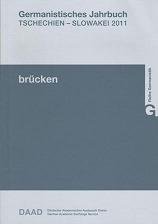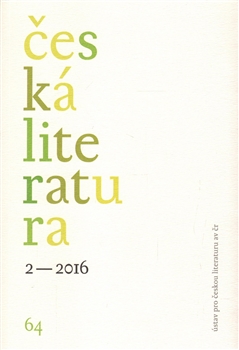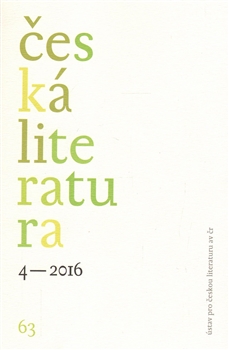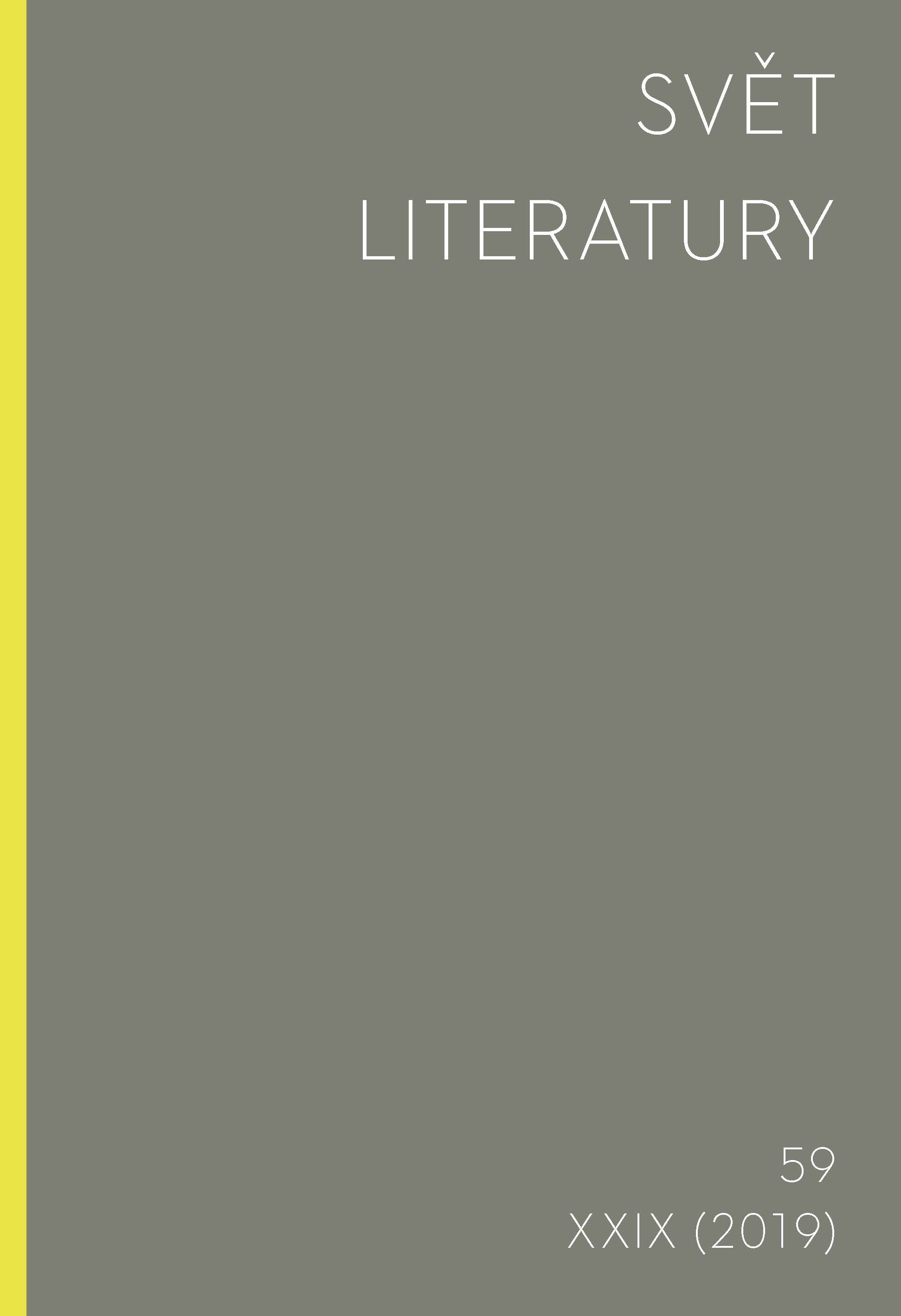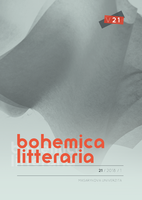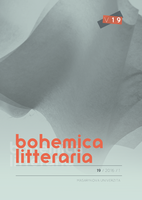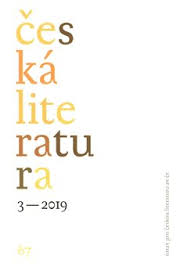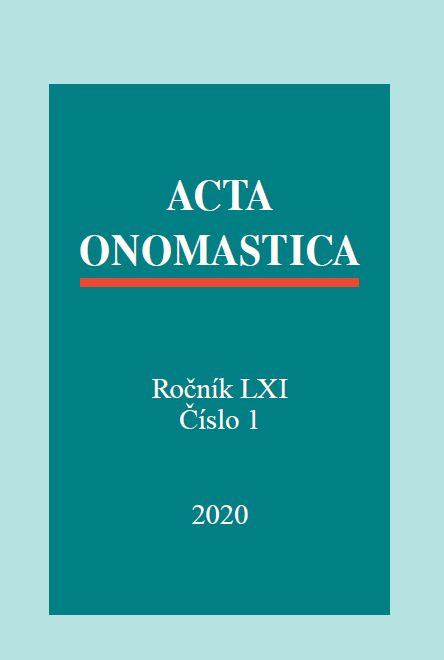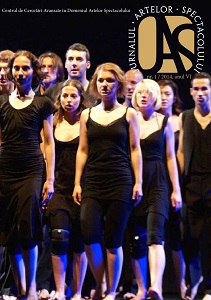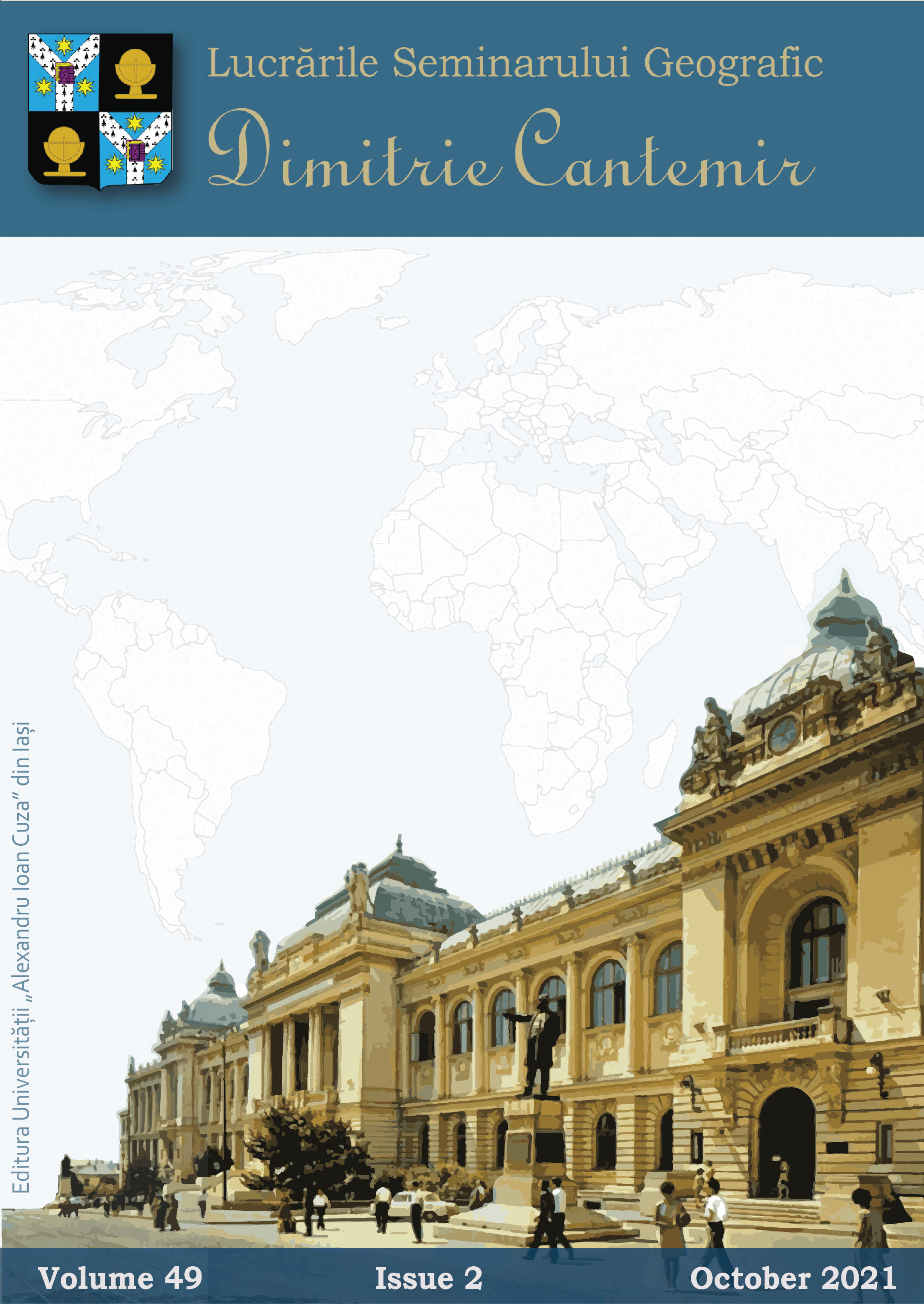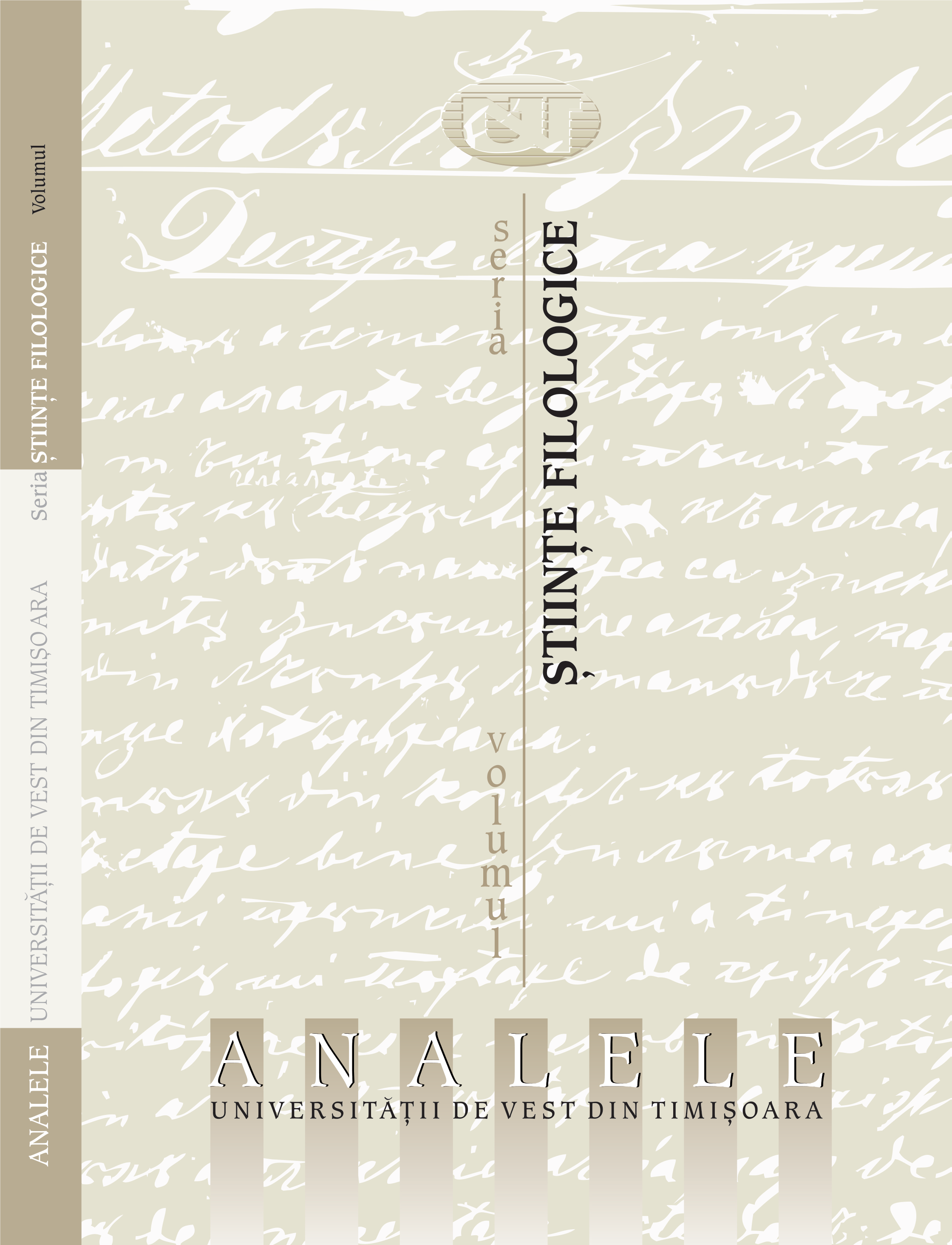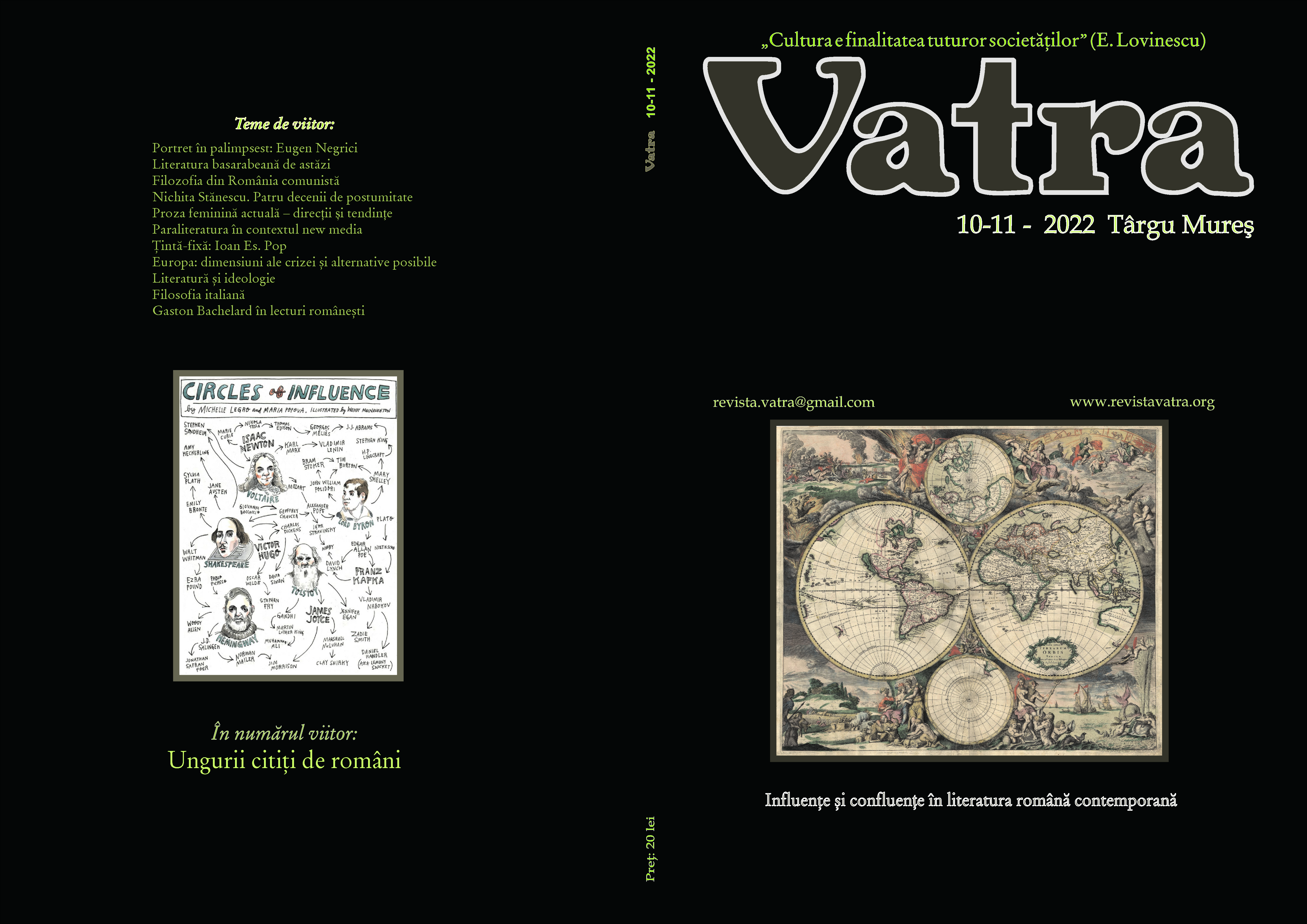Death as a Semiotic Event: Mácha, Němcová, Neruda, Hrabal, and Kundera
Smrt jako sémiotická událost: Mácha, Němcová, Neruda, Hrabal a Kundera
Keywords: Semiotics; Karel Hynek Mácha; Božena Němcová; Jan Neruda; Bohumil Hrabal; Milan Kundera
This article further develops the author’s previous investigations of Czech literature from the point of view of the values reflected in it, see for example, her Semiotic Odyssey through Czech Literature (1997). It compares the approach to death in some important Czech works from the nineteenth and twentieth centuries. First, she compares the conception of death in Karel Hynek Mácha’s Máj (1836) and Němcová’s Babička (1855) and comes to the conclusion that although Němcová does not express fear of death like Mácha does, she subconsciously reflects a certain trauma, characteristic of society of the time and projects that trauma into the character Viktorka, the outcast. She then points out the unexpected similarity between Mácha and Němcová in the relationship between death and sexuality. Both Mácha’s hero and Němcová’s Viktorka meet violent deaths in consequence of a mistaken sexual relationship, cheated by their lovers. Death is thus directly related to the absence of love. The only difference is that Mácha is in this respect critical of the role of society, whereas Němcová passively accepts it. The next part of the article analyzes the conception of death in Jan Neruda’s Povídky malostranské (1878). It argues that here death is a regular everyday matter, usually accompanied by the indifference of the deceased’s neighbours and kin and sometimes even caused by their cruelty. It has no concealed symbolic value as it does, by contrast, in Mácha and Němcová. Neruda presents death as a realistic external observer. The last part analyzes the conception of death in works by Bohumil Hrabal and Milan Kundera and distinguishes between innovative values incorporated into different works by these two authors and values passively accepted from the society’s code of the time. On the whole the author concludes that the approach to death is contingent on individual and period styles and social values characteristic of a particular area, time, and social strata, as well as on personal approach and experience, indeed even on the age of the authors at the time they were writing. The article points out that contemplating death as a semiotic event mandates consideration of the semiotics of the narrator’s life.
More...
